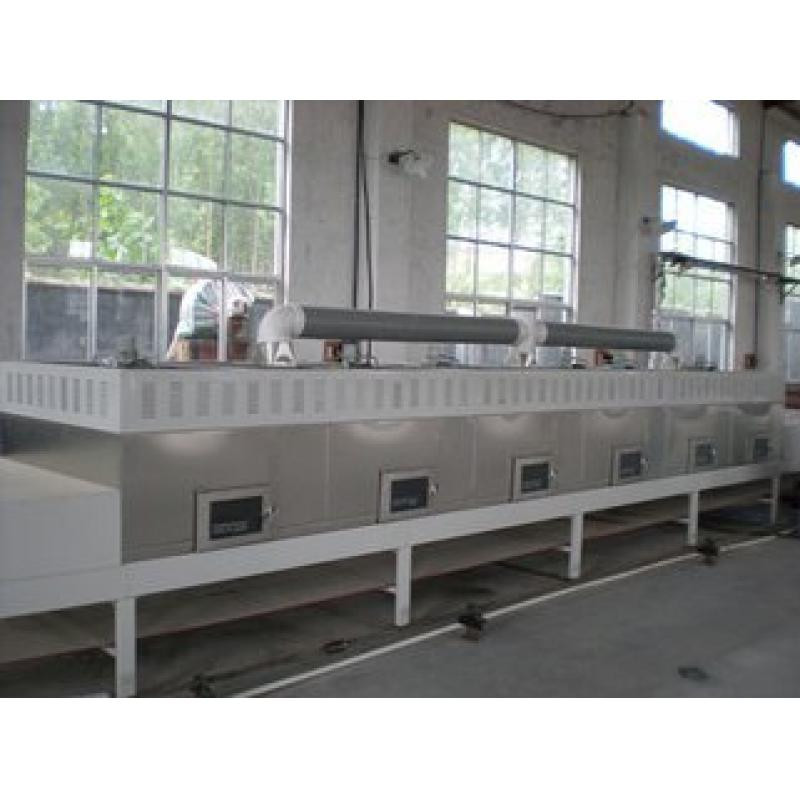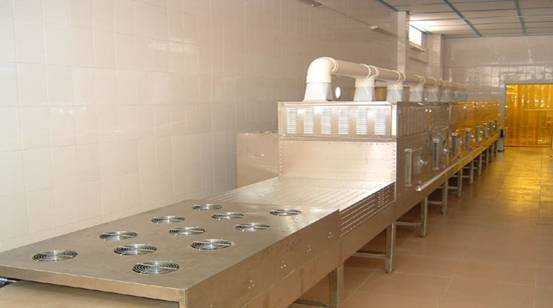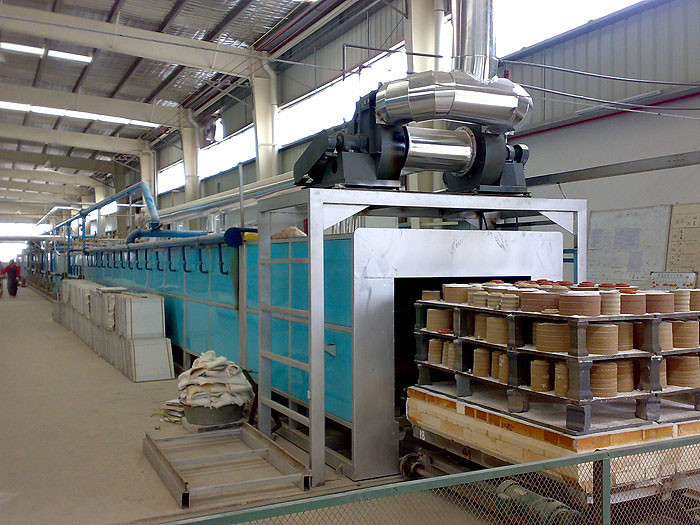- 86-05331-85064683|
- Request a quote
See More
Ceramics have broad application prospects and are widely used in chemical industry due to its high mechanical strength, easy regeneration, good chemical stability, good heat resistance and uniform pore distribution. Environmental protection, energy, metallurgy, electronics, petroleum, smelting, textile, pharmaceutical, food machinery, cement and other fields.

More and more attention has been paid to_as a sensitive element of sound absorption material, artificial bone, tooth root and other materials. Because the porous materials have more water content, more pore, and the inner pore wall of the billet is very thin, it is very difficult to dry them by traditional methods because of uneven heating. In addition, the thermal conductivity of these porous materials is poor. The drying process of honeycomb ceramics, especially for environmentally friendly automobiles, is very strict. The drying process is not well controlled and easy to deform, affecting the porosity and specific surface area.

Compared with conventional heating such as flame, hot air, electric heat and steam drying,ceramic microwave drying equipment has many advantages. The traditional drying method is based on the principle of heat conduction, which transfers heat from the outside to the inside of the heated object and gradually increases the central temperature of the object, which is called external heating. It takes a certain amount of time for the central part to reach the required temperature, and longer for objects with poor thermal conductivity.

These traditional drying methods have the characteristics of long time, high power consumption, uneven heating, ups and downs turning, and high labor intensity. Microwave drying equipment can heat both inside and outside the object at the same time. The frequency of microwave can be 245 MHZ. With 2.45 billion shocks per second, molecules rub against each other to generate heat and heat themselves. It saves time and uses microwave to dry ceramics. The quality of material setting is good and does not crack when drying. Simple and flexible operation, saving manpower.
The quality of the products, drying and shaping good, no crack. It is easy to control, convenient and flexible operation. Automatic control of heating time and drying temperature . Saving time, high yield. Less energy consumption.The production intensity is small and occupies less land. Environmental protection, cleanliness and hygiene. No pollution, not to mention the "three wastes" problem.
See the news list>>